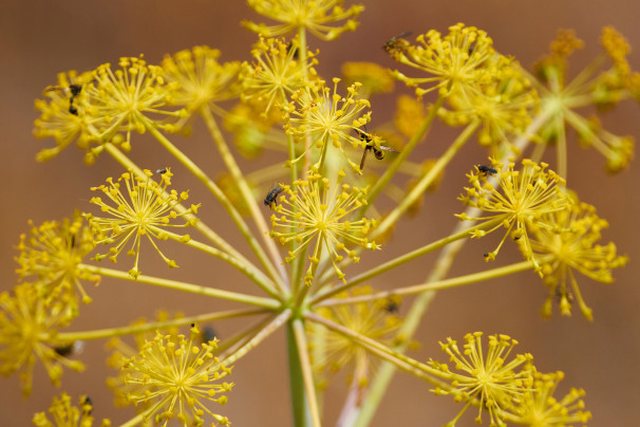
An antiviral drug derived from the plant called Thaspia can be very effective in treating coronavirus - and can also help fight future pandemics, according to a new UK study.
Researchers at the University of Nottingham have found that broad-spectrum antiviral thapsigargin is not only very effective against COVID-19, but also against a common cold coronavirus called the respiratory syncytial virus and influenza A, Eurekalert.org reported.
"While we are still in the early stages of research on this antiviral and its impact on how viruses such as COVID-19 can be treated, these findings are extremely important," said Professor Kin-Chow Chang, who led study together with colleagues at the Animal and Plant Health Agency, China Agricultural University, and the Pirbright Institute.
"The current pandemic underscores the need for effective antivirals to treat active infections, as well as vaccines, to prevent infection," he said. "Given that future pandemics are likely to be of animal origin, where animal-to-human and vice versa (human-to-animal) outbreaks occur, a new generation of antivirals, such as thapsigargin, may play a key role in "control and treatment of important viral infections in both humans and animals."
The scientists found that the antiviral, in small doses, triggers a "very effective" immune response against three major types of human respiratory viruses, including COVID-19.
Thapsigargin, which has been tested for prostate cancer, is effective against viral infection when used before or during active infection, according to the study.
It is able to prevent a virus from making new copies of itself in cells for at least 48 hours after a single 30-minute exposure, according to the study.
"Although more testing is needed, current findings strongly suggest that thapsigargin and its derivatives are promising antiviral treatments against COVID-19 and the influenza virus and have the potential to protect us against another X-disease pandemic," Chang said.
Adapted from NY Post





